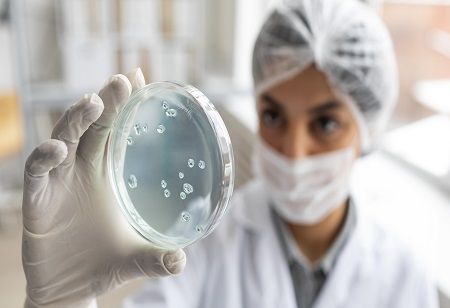India Pharma Outlook Team | Thursday, 03 April 2025

Supported by the Cancer Grand Challenges program, the SAMBAI team has chosen the Akoya Biosciences PhenoCycler-Fusion as their primary spatial proteomics technology for the Cancer Equity Research Biobank and Data Repository.
According to SAMBAI, which covers Societal, Ancestry, Molecular, and Biological Analyses of Inequalities, these different components act together in the pathogenesis of cancer for populations with very different life experiences, and this understanding needs to inform the development of strategies for reducing cancer disparities.
Funding in the amount of up to $25 million will be provided to SAMBAI to study 40,000 individuals of African descent from Africa, the U.K., and the U.S., with a focus on proteomics, transcriptomics, and multipleomic data.
Brian McKelligon, CEO of Akoya Biosciences said, "We are excited that the PhenoCycler-Fusion is the spatial proteomics technology of choice for analyzing thousands of patient samples as part of this important initiative. A study of this size demands the high plex and high throughput of our solutions to generate data at the scale needed. We are honored to play a role in defining the factors that influence disparate outcomes in underserved populations."
Researchers from Johns Hopkins, Nottingham, Glasgow, and King's College London will use the PhenoCycler-Fusion system to analyze thousands of samples, paying special attention to prostate, pancreatic, and breast cancer that exhibit high aggression and early onset in the studied populations.
Melissa Davis, PhD, Head of SAMBAI, emphasized Akoya's ability to investigate how societal and environmental factors impact cancer disease on the molecular level.
"For the first time in a large population, we plan to bring all of these factors together to understand their interconnectedness and contribution to disparities in health outcomes", she added.